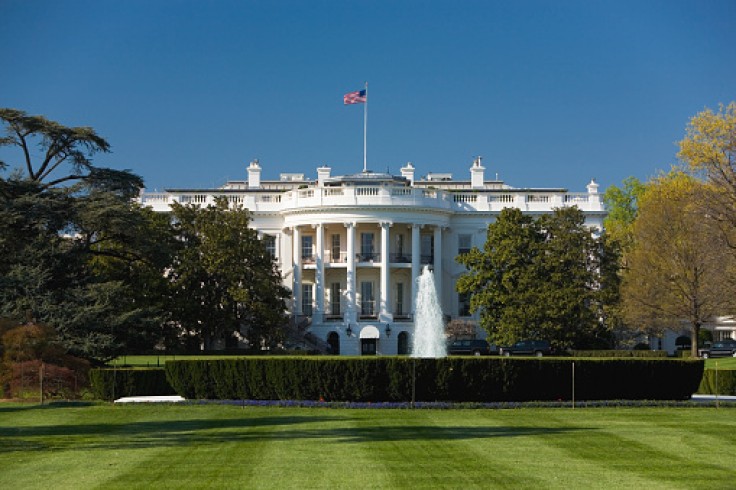As artificial intelligence is progressing at warp speed, many people, including those in the tech sector themselves, have been worried about the potential risks of the technology. To help with the matter, President Joe Biden's former tech adviser Tim Wu provided suggestions on how to handle AI.

Advice on AI Regulation
Ex-tech adviser Tim Wu believes that legislators, regulators, or anyone generally involved in AI regulation are not focusing on the harms that are already near at hand. Instead, attention has been placed on "abstract risks."
Wu also pointed out that the industry giants, most of which will benefit from AI technology the most in terms of profit, are playing too big a role in influencing the potential rules, saying that there's a possibility for them to become "more powerful and more entrenched."
In light of that, he himself offered insights on ways to regulate AI as well as what not to do. For one, Wu is against an AI licensing system. He claims that licensing regimes are the "death of competition in most places they operate.
The tech critic reasoned that heavy licensing requirements would make it more difficult for smaller companies to comply, as well as decide which companies can join the AI market and who doesn't, as mentioned in Data Center Knowledge.
Another piece of advice was that AI should identify themselves so that users would know what they interacting with. This could prevent misinformation brought by AI-generated content, with the idea that AI sometimes fabricates data.
Wu advised that a federal agency solely focused on regulating AI could "freeze the industry" before it even starts. An agency might implement heavy compliance costs to enter the AI market and it would merely regulate more abstract risks.
Where the law is concerned, violations always fall on humans and as AI becomes more advanced, it may be important to create a law that may implicate the AI. The existing laws are meant for humans, so AI cannot exactly be charged with "malice" or "intent."
AI being trained on copyrighted materials has been a huge issue. Wu suggested that officials can create a compensation system for the creators of the materials based on the mandatory licensing system, which allows creators to be paid when their work is being used.
Why Is It Important to Regulate AI?
With technology as big as artificial intelligence, rules will need to be laid out so potential risks and harm can be prevented or mitigated. There are already instances when AI has been exploited by individuals, which will likely happen again.
Since AI is trained on already existing data, there are instances where it could pick up content that could lead to harmful behavior. For instance, some have suggested that the training data for AI models are responsible for circumstances where it has displayed discrimination or bias.
That is yet another reason why a person or organization should monitor the use of AI and AI itself. Keeping in mind that AI technology is relatively young, it still needs to be shaped into a technology that would benefit humans and not cause harm.









